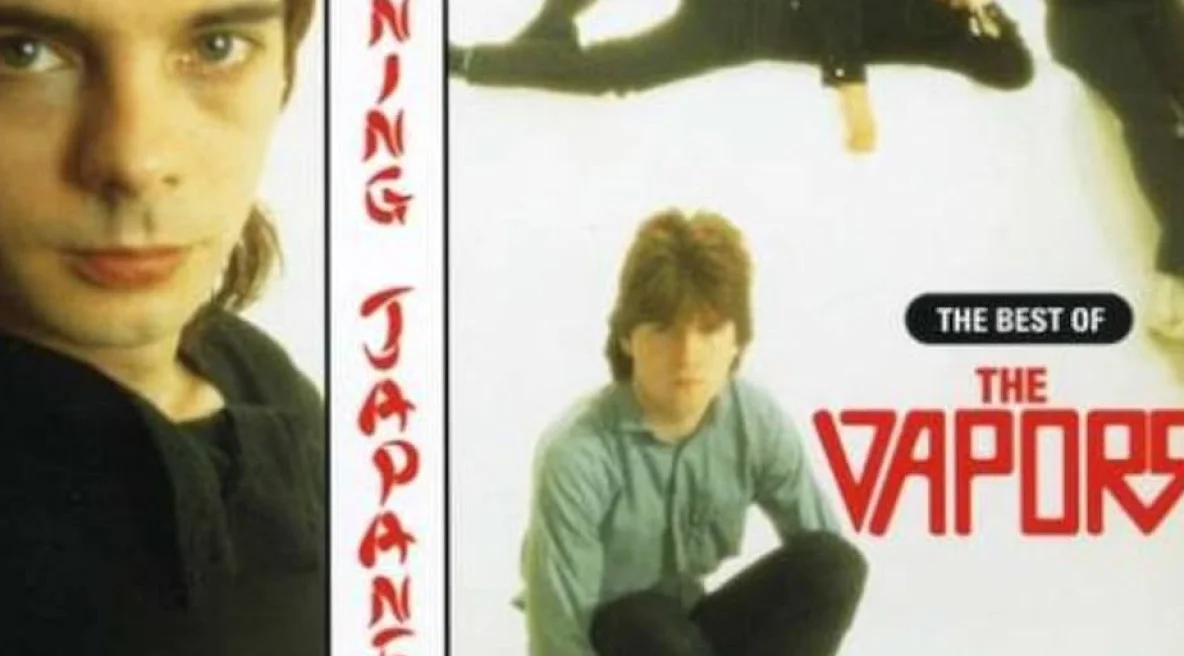
The Vapors – Turning Japanese album cover/From open sources
Qalam strives to explore the interpenetration of different cultures. To this end, we have decided to launch a series of playlists in which music mediates between different geographical and ideological spaces. Our first playlist is called ‘West to East: One Hundred Best Songs’. It will be updated several times a week, and its curation will focus on how Western pop culture has reflected the realities of the East, whether they are musical, geographical, religious, or political. (The terms ‘West’ and ‘East’ should be taken as broadly and arbitrarily as possible.)
An English band from the early eighties, with their biggest (and, truth be told, only) hit song, inspired by the carefree guitar style conventions of power pop. In 1980, it held the number one spot in the Australian charts for two weeks and was also appreciated in Japan, though with slightly less enthusiasm . However, the song’s second wave of recognition in Japan came much later, in 2009, when round-faced actress Kirsten Dunst, dressed in a blue wig and carrying a parasol, recorded an excellent cover with the video being produced by none other than Takashi Murakami.i